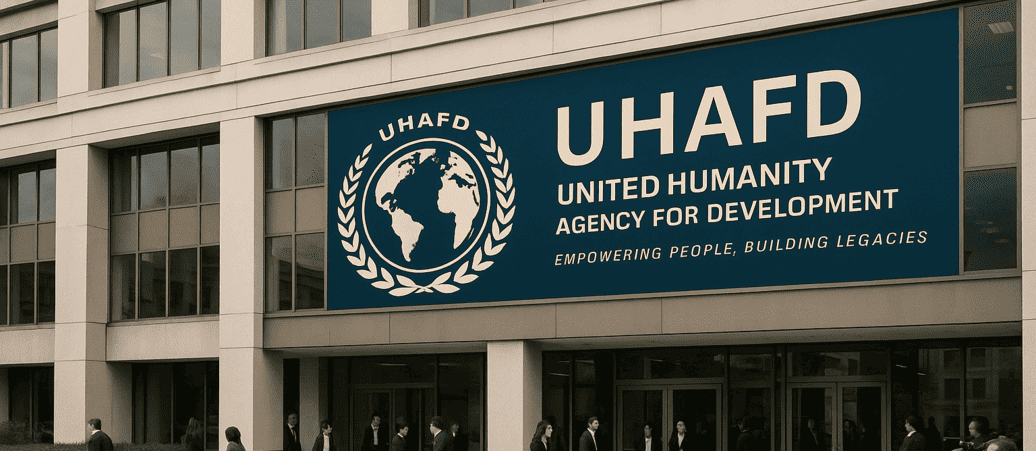
Climate Action
Supporting vulnerable communities to adapt to climate change while driving innovative solutions for a sustainable future.

Supporting vulnerable communities to adapt to climate change while driving innovative solutions for a sustainable future.
At UHAFD, we recognize that climate change isn't just an environmental crisis—it's a human rights issue with disproportionate impacts on the world's most vulnerable communities. Our approach combines immediate adaptation support with long-term resilience building, all guided by the principle that those least responsible for climate change shouldn't bear its heaviest burden.
We believe in climate solutions that are locally driven yet globally informed—innovations that respect indigenous knowledge while leveraging cutting-edge science and technology. Our programs focus simultaneously on helping communities adapt to unavoidable climate impacts and supporting transformative initiatives that reduce emissions and protect vital ecosystems.
Central to our climate work is the understanding that environmental sustainability and human development must advance together. We reject the false choice between economic opportunity and ecological health, instead pursuing integrated approaches that deliver both climate resilience and improved livelihoods for vulnerable populations.

Our climate initiatives address both immediate challenges and systemic causes of climate vulnerability.
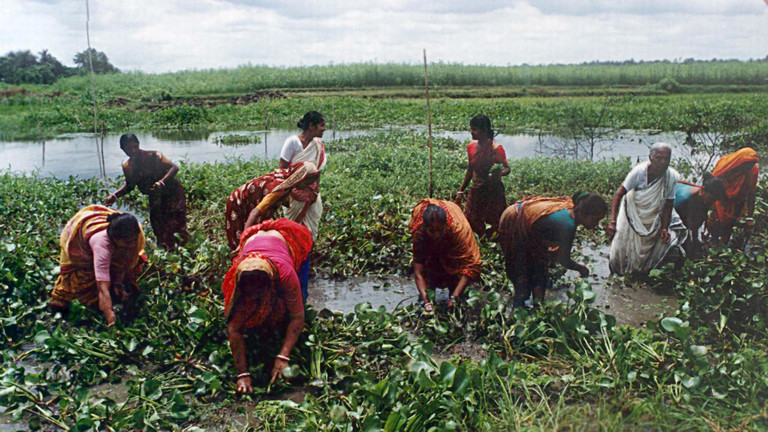
Supporting communities to develop and implement locally-appropriate solutions to climate risks, including drought-resistant agriculture, flood management systems, and early warning networks.

Expanding access to clean, affordable energy through micro-grids, solar home systems, and community-owned renewable projects that reduce emissions while improving quality of life.
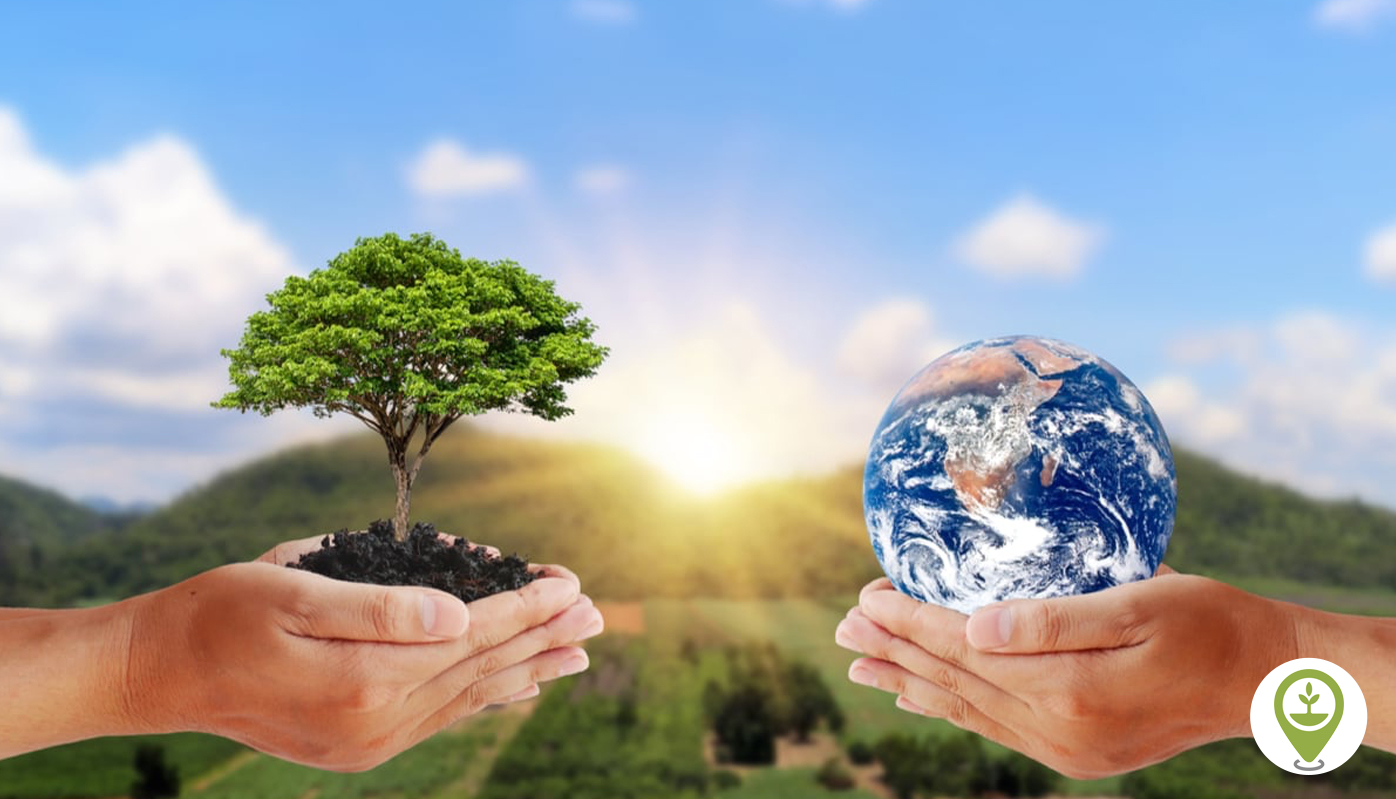
Working with indigenous communities and local partners to protect and restore critical ecosystems—mangroves, forests, wetlands—that sequester carbon and provide natural resilience.
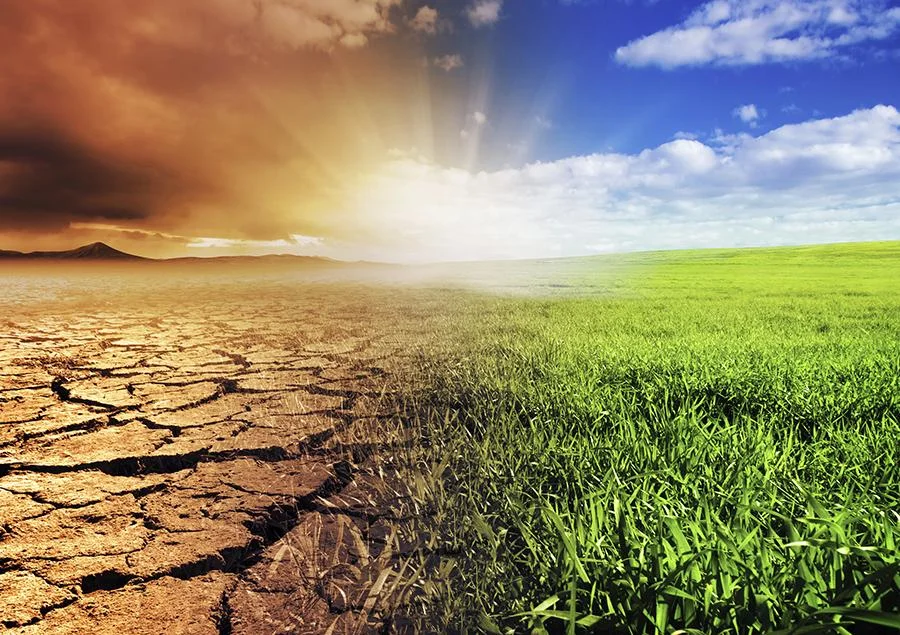
Supporting farmers to adapt to changing conditions through drought-resistant crops, water-efficient irrigation, agroforestry, and regenerative farming practices that build soil health.

Developing innovative financial mechanisms that unlock private capital for climate solutions, including green bonds, micro-equity for clean tech entrepreneurs, and climate insurance products.
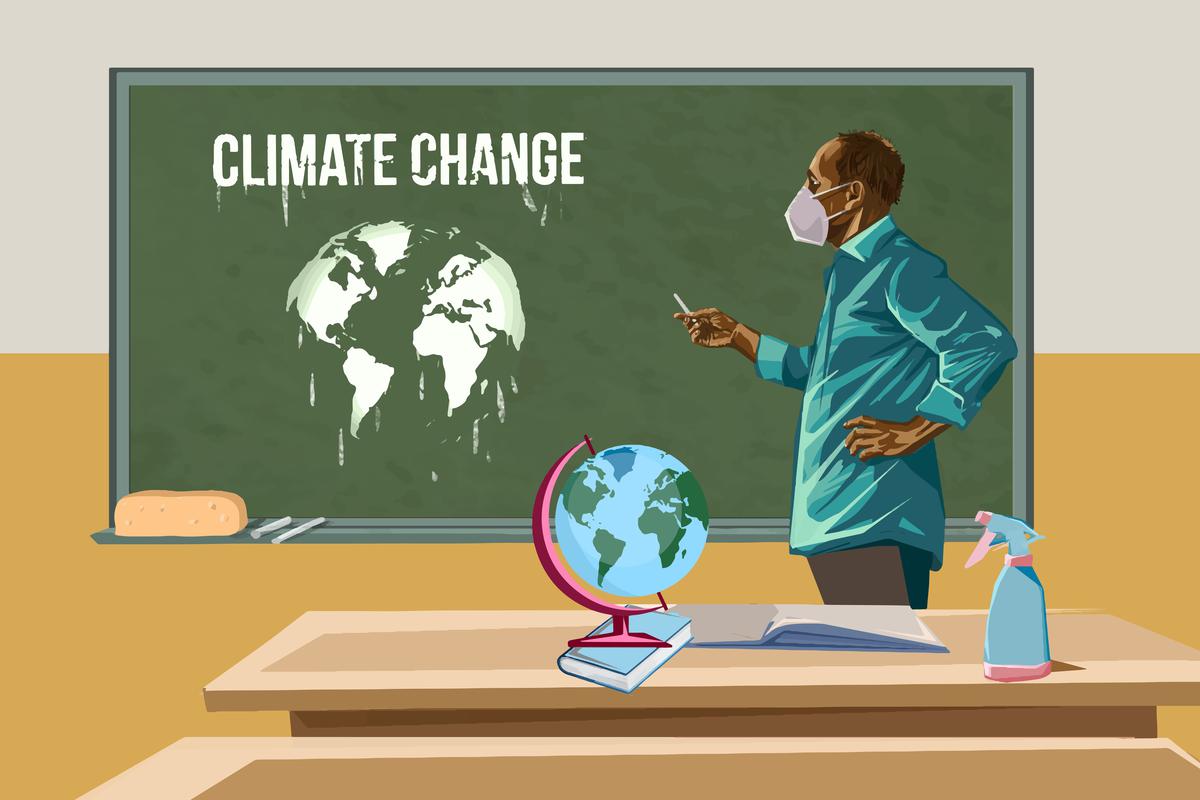
Empowering communities—especially youth and frontline populations—with climate literacy, leadership skills, and advocacy tools to drive policy change and climate action at all levels.
Our flagship climate program supporting the most climate-vulnerable communities to adapt and thrive.
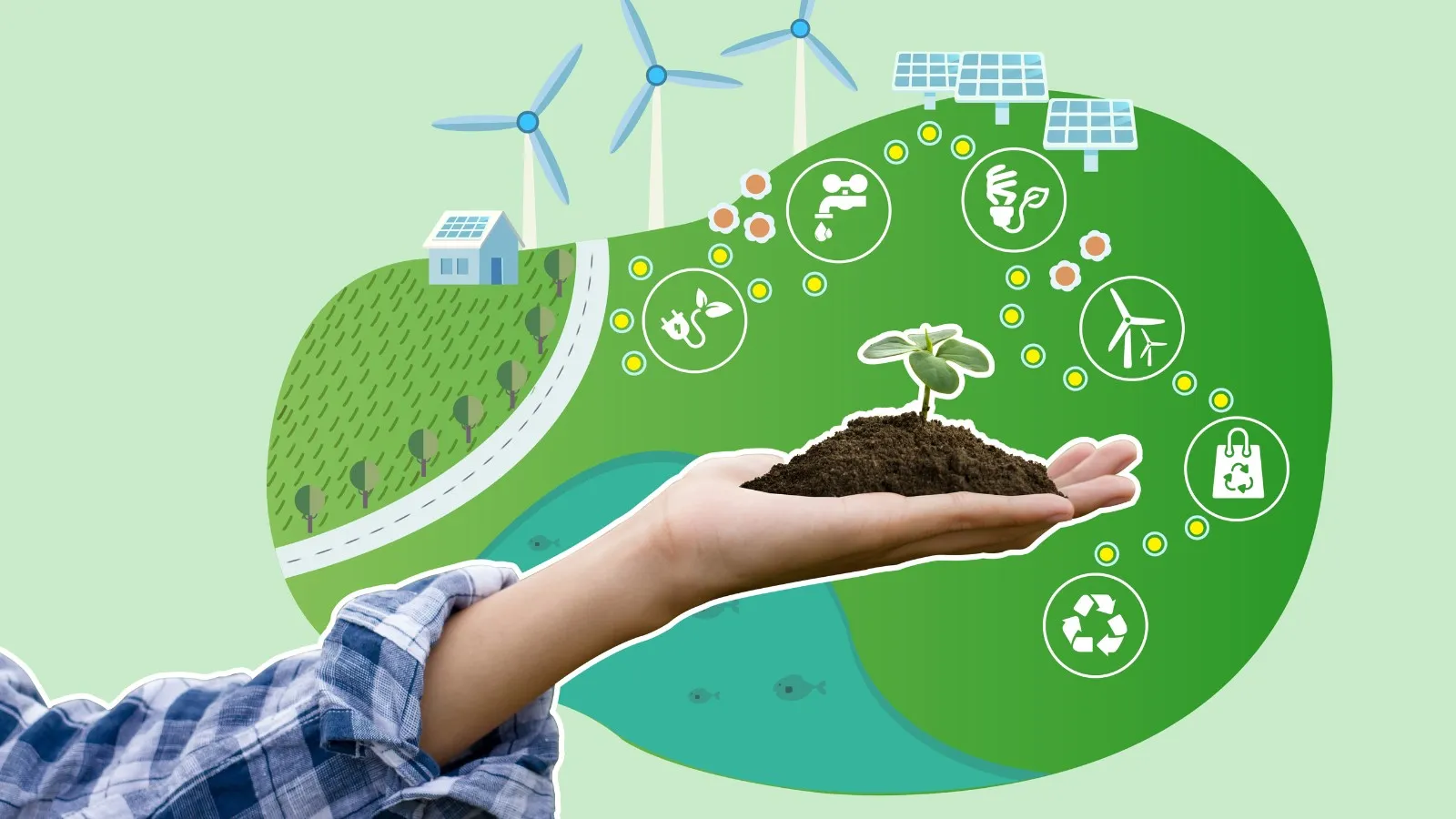
Launched following the Paris Climate Agreement, this £350 million initiative takes a comprehensive approach to climate resilience in seven of the world's most vulnerable regions. The program combines immediate adaptation measures with longer-term transformation strategies, helping communities not just survive climate impacts but thrive despite them.
People with improved climate resilience
Climate-vulnerable regions
Average increase in climate knowledge
Local adaptation plans implemented
When rising sea levels and intensifying storms began devastating the coastal communities of Vietnam's Mekong Delta, UHAFD partnered with local environmental organizations and community leaders on a bold mangrove restoration project that would transform the region's climate resilience.
Beyond simply planting trees, the initiative developed a comprehensive approach that combined ecosystem restoration with sustainable livelihoods. Local fishers and farmers were trained and employed as mangrove stewards, learning techniques to monitor, protect, and expand the coastal forests while also establishing mangrove-compatible enterprises like eco-tourism, honey production, and sustainable aquaculture.
Five years later, over 2,000 hectares of mangrove forests have been restored, creating a natural buffer that protects coastal communities from storm surges and erosion. The project has also sequestered an estimated 150,000 tons of carbon dioxide while generating sustainable income for more than 400 households.
"These mangroves are our community's shield and sustenance. Since their restoration, flooding has decreased by 60%, and our aquaculture harvests have doubled. Most importantly, our children now see a future here where we once were planning to leave." — Minh Nguyen, Community Leader, Ca Mau Province
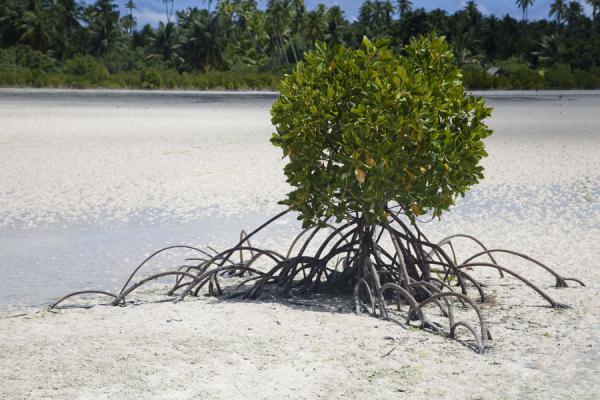
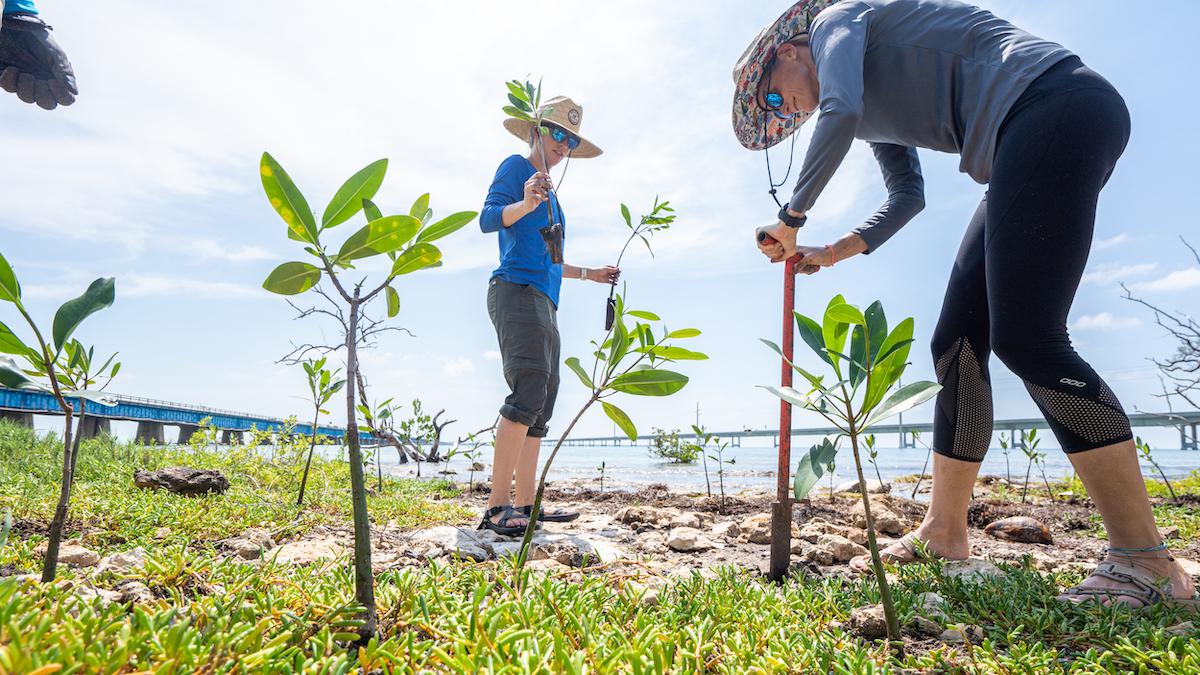
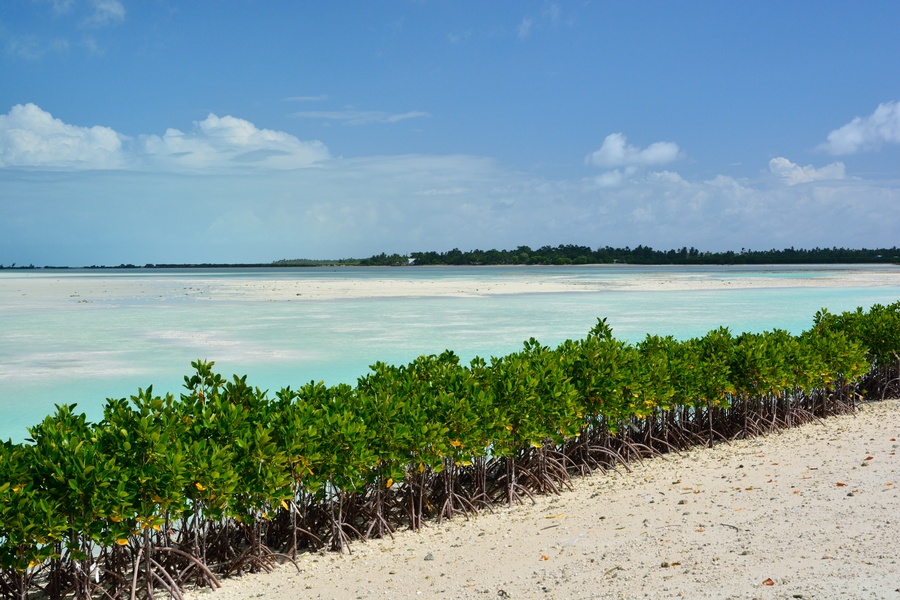
Since launching our Climate Resilience Initiative in 2015, UHAFD has made significant progress in building a more sustainable and equitable future.
People with improved climate resilience
Hectares of ecosystems protected or restored
Farmers practicing climate-smart agriculture
Tons of CO₂ emissions reduced or sequestered
We work with leading climate organizations globally to maximize our impact and drive innovative solutions.
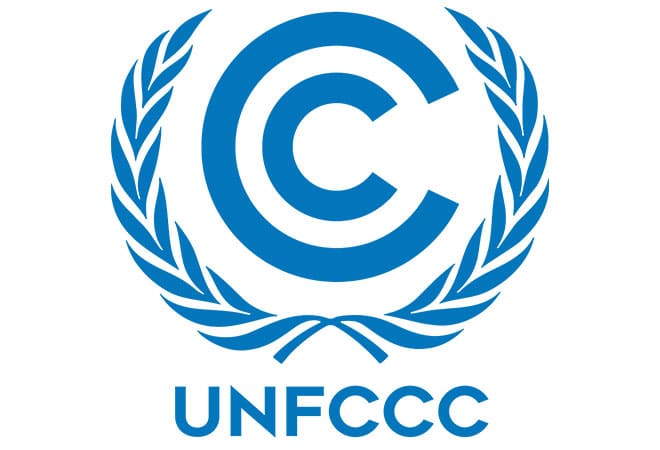


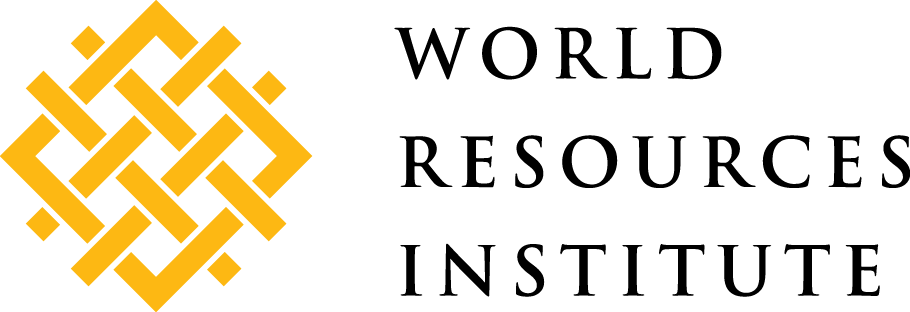
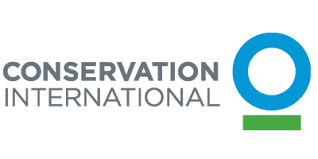


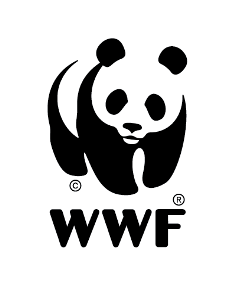
Your contribution can help communities adapt to climate change and build a more sustainable future for generations to come.
Your contribution to our Climate Action Fund supports our work building resilience in climate-vulnerable communities and driving innovative climate solutions.
Goal: £20M for climate initiatives in 2024-2025
Plants 50 mangrove trees
Provides climate-resilient seeds for 10 farmers
Funds a community solar installation